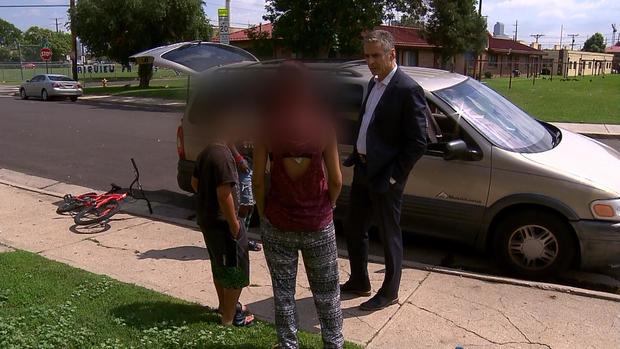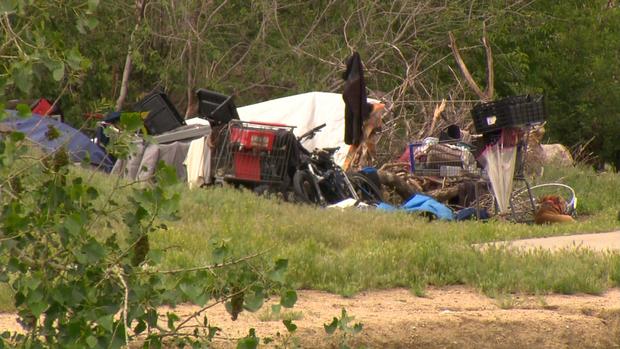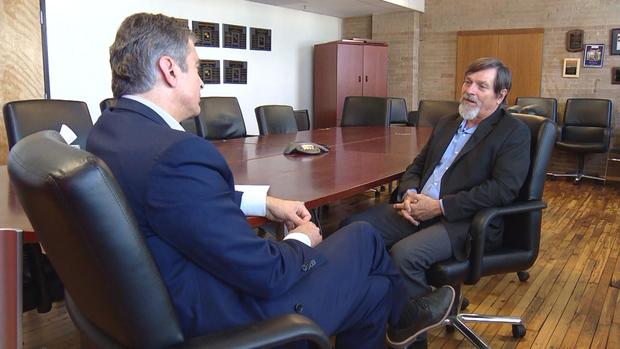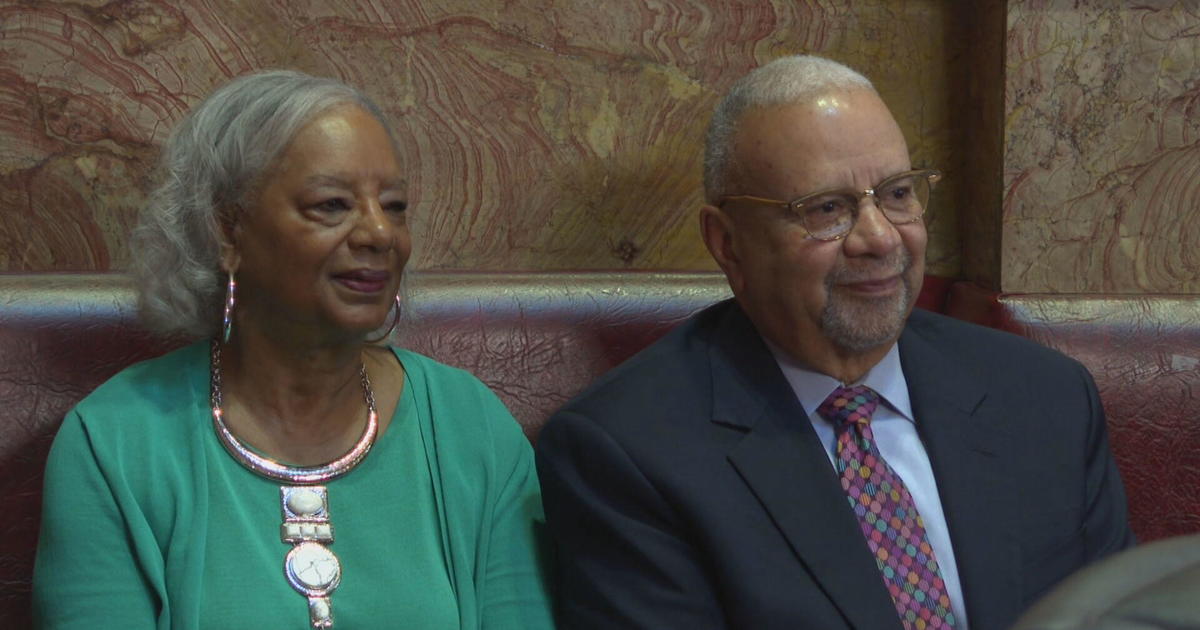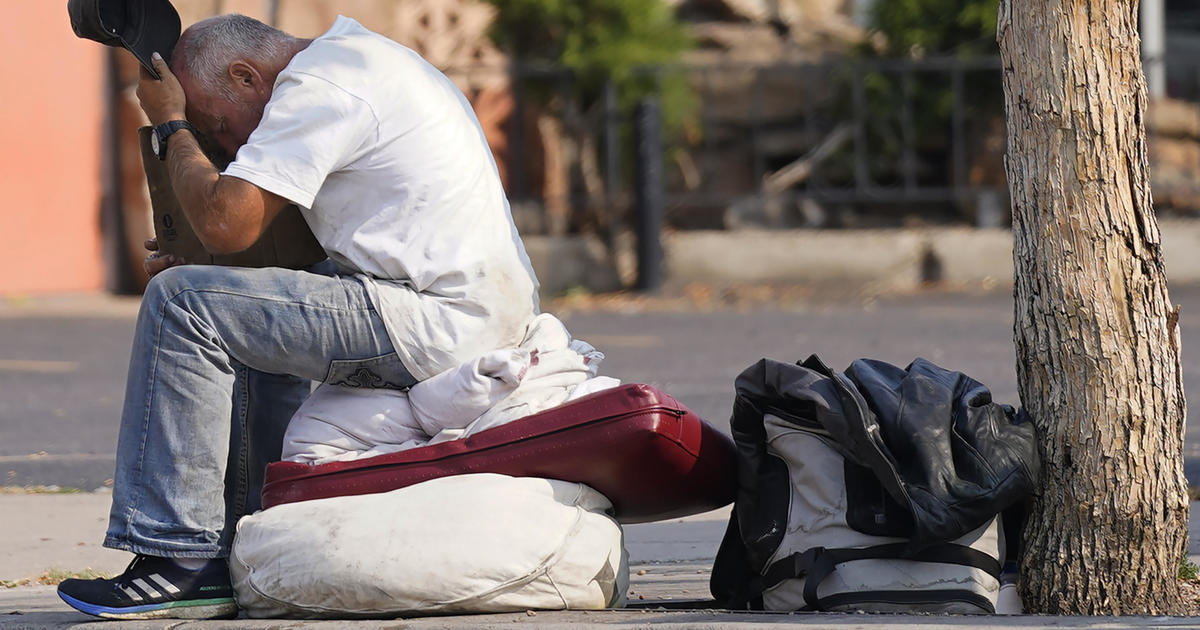'More Shanty Towns, Ghettos': The Cost Of Too Little Affordable Housing
By Alan Gionet
DENVER (CBS4) - "I have my two year old son and then I have a 6 year old and then I take care of, I just got custody on my birthday of my 11-year-old brother," a 26 year old who calls herself Mona Lisa told us.
She was shy of the camera, so we agreed not to show her image. She was packing things in a van as she moved to new HUD supported housing.
"My dad just passed away in February and my goal is to keep my family together. So I also have my three nephews with me too."
That's six children.
She works overnights stocking at Walmart, but wants to go into cosmetology.
There's not much time to pursue it.
"I'm not sitting up here, I'm not doing drugs, getting drunk," she says. "Housing is the best thing that could happen to me."
The most recent numbers from the U.S. Interagency Council on Homelessness shows 10,940 people experiencing homelessness on a typical night in 2017, the most recent year for available data. The number dropped in the 2000s as home prices slid, then rose.
"The economics in the growing economy like this, you know it's good for some, (but) by for those on the margins those at the lowest incomes, they're the ones who lose out," said John Parvensky, President and CEO of the Colorado Coalition for the Homeless. "A community has to decide are they going to invest in housing the same way that they invest in transportation, they invest in other systems. Or they're going to have less quality of life for the whole community."
Willie Allen lives on the streets. Sometimes he can stay at his girlfriend's place but her transitional housing requires additional payment to stay.
"I might last a couple hours until police come and say, hey you gotta move. Or security comes and says hey you can't sleep here," says Allen.
Like some, there are other issues. Finding work is one thing after a previous drug conviction. But he's clear-eyed and says he's changing his life.
"It seems like a long hard road. Because they want so much in deposit, they want so much in background check."
Without enough affordable housing Parvensky says there are going to be growing symptoms of a shortage.
"You're going to have more and more shanty towns, you're going to have more and more ghettos, you're going to have more substandard housing and tent cities and we're seeing that in cities across the west coast. We're starting to see that in pockets of the metro Denver area."
A drive along some of the urban corridors shows people camping at night in places where there were no people before.
"We have to invest in housing in affordable housing just like we have to invest in other infrastructure like roads and bridges and sanitary sewer systems or we don't have the quality of life that we would like to see, that any great city would have," said Parvensky.
Alan Gionet is anchor of CBS4 This Morning and reports on a wide variety of issues and "Good Question" stories. He started at CBS4 in 1994. Follow Alan on Twitter @AlanGTV or on Facebook.
